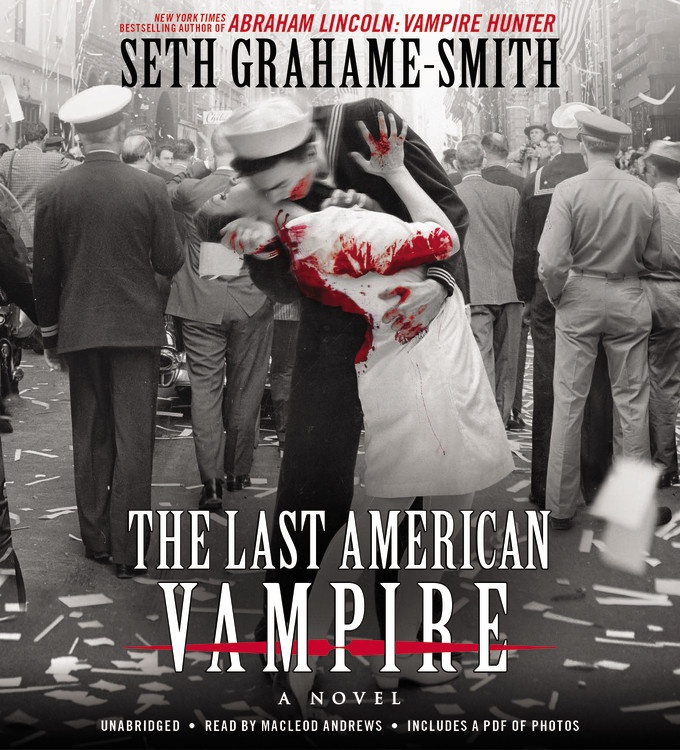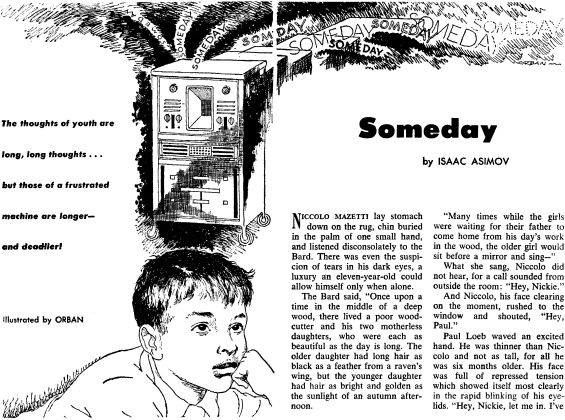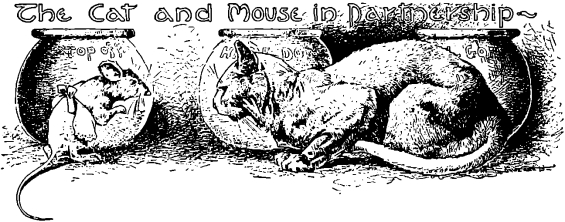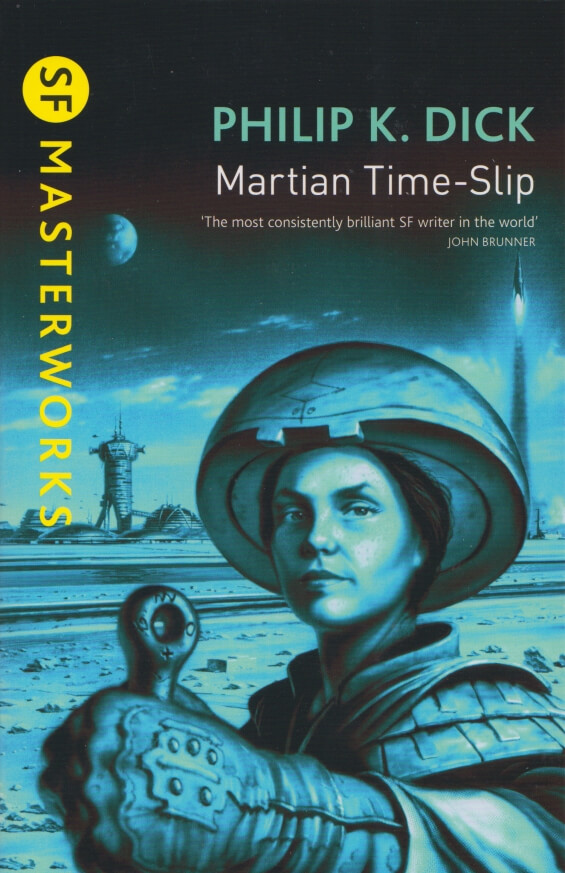
 The SFFaudio Podcast #301 – Jesse, Scott, Jenny, and Tamahome talk new releases and recent arrivals.
The SFFaudio Podcast #301 – Jesse, Scott, Jenny, and Tamahome talk new releases and recent arrivals.
Talked about on today’s show:
Reading goals and the Reading Envy podcast, spy novels, The IPCRESS File by Len Deighton is a more serious version of James Bond, film version stars Michael Caine, The Bourne Identity by Robert Ludlum, Rogue Male by Geoffrey Household, SFFaudio Podcast #95 features a discussion with Eric Rabkin about SS-GB by Len Deighton, a Britain-centered, less crazy version of Man in the High Castle by Philip K. Dick, Scott on rereading Hyperion (but hasn’t read Fall of Hyperion), the Hyperion audiobook is highly recommended, Wool by Hugh Howey now a graphic novel, Jesse doesn’t like open questions that require him to read more, Kindle Worlds, Mobile Library by David Whitehouse, Bookworm villain from Batman, The Magician’s Lie by Greer Macallister reminiscent of The Prestige, A Pleasure and a Calling by Phil Hogan, some synopses are better-written than others, Patricia Highsmith, The Brenda and Effie Mysteries: The Woman in a Black Beehive by Paul Magris especially for audio, The Last Passenger by Manel Loureiro, Aurora CV-01 by Ryk Brown looks to be the perfect Scott book, this podcast features a real phaser, Hellhole by Gina Damico (not to be confused with the Kevin J. Anderson book of the same name), never underestimate evil on a sugar high, Proxima by Stephen Baxter, on how discoveries in astronomy affect science fiction, Kate Wilhelm in Orbit by Kate Wilhelm is a collection of her short stories from ca. 1966-1980 in Orbit anthologies, Scott didn’t “get” Wilhelm’s short story The Planners, SuperEgo by Frank J. Fleming, I Am Not a Serial Killer by Dan Wells, Dexter in spaaaaaaace!, A Murder of Clones by Kristine Kathryn Rusch is part of the Retrieval Artists universe, first audiobook in the series produced by Scott, the series would make a good TV show, The Android’s Dream by John Scalzi narrated by Will Wheaton, Future Crime by Ben Bova, a collection of short stories, file sharing used to happen by mail, we demand the return of cassettes (not!), #GetOffMyLawn, Pacific Edge by Kim Stanley Robinson is part of a triptych, an actual utopia, Orange County of the future, Jesse and Scott met Kim Stanley Robinson at WorldCon, no kaiju, Mort(e) by Robert Repine, Southern Reach trilogy by Jeff VanderMeer now available in one package via Audible, “there must be something wrong with it, it’s too popular!”, Make Room! Make Room! by Harry Harrison a.k.a. the book that inspired Soylent Green, Jenny lives on lentils and soybeans, The Deep by Nick Cutter, The Abyss meets The Shining, discussion of The Abyss which is recommended sans the last five minutes, Freedom Club by Saul Garnell, Trigger Warning short story collection by Neil Gaiman, on authors doing test runs or tryout stories to develop an idea, the difference between plotters and pantsers, The Globe: The Science of Discworld II by Terry Pratchett, Ian Stewart, and Jack Cohen is actually a novel, Jenny debunks the theory that all stories come from an origin, Endsinger by Jay Kristoff, Marked by Sarah Fine, Piers Anthony’s Apprentice Adept series, these books may or may not be kinky–weird kinky, Strange Case of Dr. Jekyll and Mr. Hyde by Robert Louis Stevenson, David Hasselhoff does the musical, Markheim, a short story by Stevenson.
Posted by Jesse Willis







 Martian Time-Slip
Martian Time-Slip














